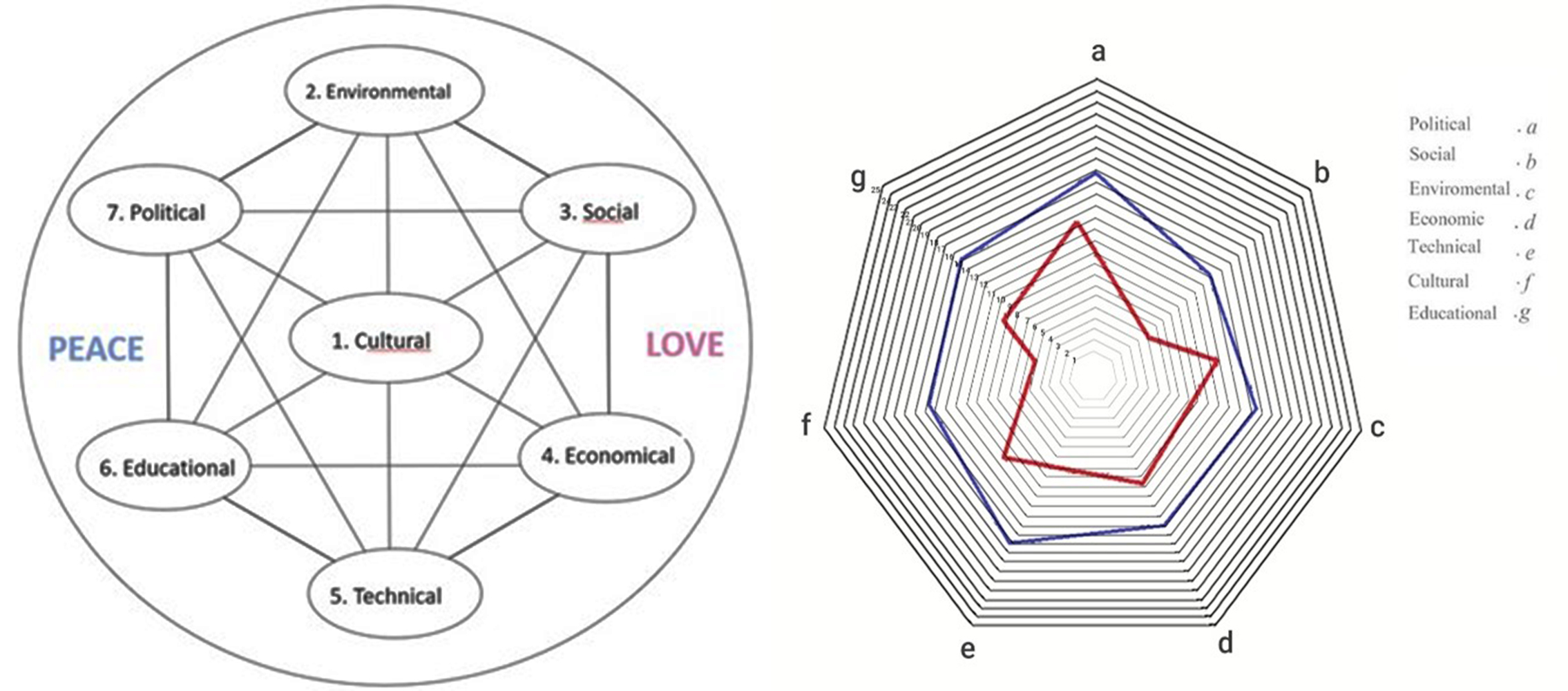Special Issue “The Impact of Edu-Welfare-Health on SMEs’ HR Productivity through the 5th wave theory”
The Impact of Edu-Welfare-Health on SMEs’ HR Productivity through the 5th wave theory
Submission Deadline: 31 September 2023
Guest Editors:
Dr. Omid Alijani
Affiliation: Iran SME Chamber, Tehran, Iran
Website: https://www.linkedin.com/in/omid-alijani-b6382b31; www.iransmechamber.ir
E-Mail: alijani@iransmechamber.ir
Prof. Dr. Hamid Doost Mohammadian
Affiliation: Department of Business and Economics, University of Applied Sciences (FHM), Bielefeld, Germany
Website: https://www.researchgate.net/profile/Hamid_Doost_Mohammadian
E-Mail: hamid.doost@fh-mittelstand.de
Dr. Mohammad Rahimi Moghaddam
Affiliation: Iran SME Chamber, Tehran, Iran; Department of Industrial Engineering, Iran University of Science and Technology, Tehran, Iran
Website: https://www.linkedin.com/in/mohammad-rahimi-moghaddam-94b1273b/; www.iransmechamber.ir
E-Mail: Rahimi@iransmechamber.ir
Summary:
The purpose of this Special Issue is to investigate the effects of training, welfare, and health in improving the productivity of SMEs’ HR simultaneously through the 5th wave theory. One of the impacts of the 5th wave theory would be on health-care systems reinforced which is called ‘’Welfare 5.0’’. The word health refers to physical and mental health. The important point is that training should not be only theoretical, but should also cover professional, practical and operational aspects. Based on the report of the institute for research on SMEs in Bon Germany, more than 82% of the SMEs’ employees are from vocational training due to the emphasis on competencies, practical skills, and training. The backbone of the 5th wave theory is humanity, human being and HR health style.
These education, training, and learning; however, barriers cause challenges to apply these three different and create SMEs’ HR Productivity higher. It is required to indicate these barriers and find out solutions to apply them and change humans’ life to maintain the world. Based on the 5th wave theory and related theories, models and concepts, today’s challenges and tomorrow’s crises have been discussed that in our world of that educational and welfare development and rapid growing made ever-quickening change, the human mind is threatened by shattering. Proper solutions and policies could make people to deal with new challenges for the future education, welfare, and health. Prof. Doost as theoretician of the 5th wave theory believes that sustainability has more pillars than the three from UN. He contends that seven pillars are required to develop sustainability.
These aspects make a puzzle in which all the segments are directly or indirectly related to each other. Figure 1 presents seven aspects of sustainability (7PS model) in addition PEACE and LOVE and its priorities, connections, and classification.

Figure 1. Seven pillars of sustainability (7PS) model with the priorities & connections (Doost, H. 2010-17)
Fundamentally, we are settling in edge of future that confronts future shocks including tomorrow’s family life challenges, new welfare problems, social issues, new businesses’ barriers, modern lifestyles risks, and human relationships challenges and so on.
As in previous section was declared, solutions are required to deal with social, educational sustainability regarding welfare and health challenges to be able to apply them in increasing SMEs’ HR productivity and health and welfare services towards creating modern lifestyle. The 5th wave/tomorrow age theory or theory of comprehensive everything could be a comprehensive strategy to find out solutions to deal with such challenges, even to tackle future shocks for mapping the future education and health on SMEs’ HR.
As mentioned before welfare 5.0, could influence the health-care systems reinforced. Health should be considered in training because the motivation of human resources increases with both education and health. The purpose of human resources productivity is to examine the effects of both total productivity and partial productivity. In fact, the mission of the research is to train the human resources of SMEs so that they can control the technology and not allow them to deviate from the standard conditions. The effectiveness of training should be such that employees acquire the ability to develop SMEs, increase their maturity level, recognize the domestic and export market, adjust their relationships with different stakeholders such as suppliers, vendors, customers, and banks, and create a sustainable business.
Based on the 7PS model, education and social sustainability play a vital role on welfare and health-care systems for the SMEs.
Based on the 5th wave theory Prof. Doost had introduced a new concept in this case which is called: Tomorrow’s SMEs (SMEs 5.0/Hybrid SMEs). Generally, smart education and digital health could be tools and motivation to improve SMEs’ HR competencies by using modern education and learning systems and health-care systems towards modern hybrid SMEs/tomorrow’s SMEs (SME 5.0) that are able to participate, compete and survive in markets as well as cultivating sustainable development. The 5th theory founded on HR education/training and utilizing high health-care and welfare to create modern innovative SMEs concerned on CSR strategies, educational social sustainability, and sustainable development as well as successful business that are able to conquer future concerns towards more sustainable and livable world.
Keywords:
Health, Physical Health, Mental Health, Sustainability, Education, Productivity, Training, Culture, Small and Medium Enterprise (SME), the 5th wave theory, Welfare 5.0, 7PS model, SME 5.0/Hybrid SMEs/Future SMEs, Health-care system.
Manuscripts should be submitted online at https://www.hksmp.com/journals/hper/about/submissions by registering and logging in to this website. Please visit the Author Guidelines page before submitting a manuscript. Article process charge will be waived for this open access journal.






